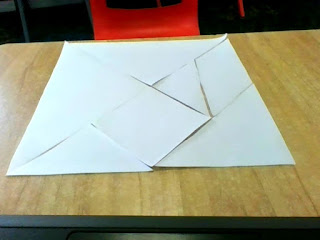Adverbs are words that are use to describe verbs, adjectives and other adverbs. One basic job a adverb has is to add exstra information to verbs and adjectives.
Many adverbs are adjectives ending in 'ly'.
Examples: likely, sharply, fairly, speedily, calmly and much more.
Adverbs often help answer how, when, where and to what extend questions. The adverbs that describe where questions tell where it happens.
Example: up, outside, down, inside. The adverbs that describe how and when question usually does something happen.
Examples: now, tommorrow, then. How advebs tells how an action happens.
Example: quickly, slowly, unexpectedly
, weekly.
Adverbs help describe how things appear and how things happen to make a more detailed sentence.
LI:To learn about adverbs





